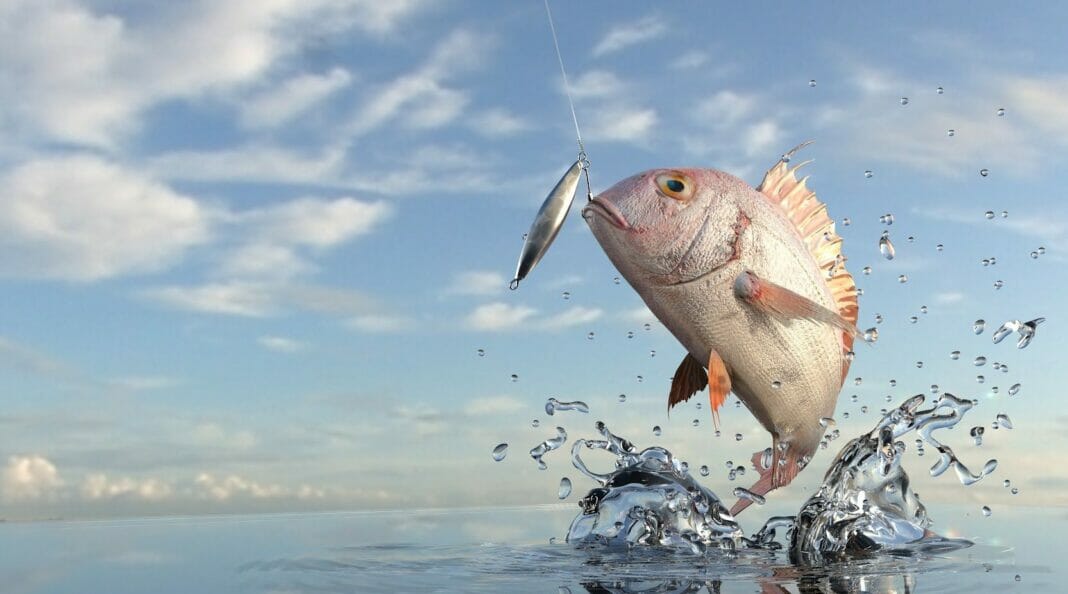Fishing is a popular pastime for many people around the world. It can be a relaxing way to spend time in nature while potentially reeling in a delicious meal. Though generations of anglers have developed their own knowledge and wisdom about fishing techniques and practices, some myths persist that can get in the way of successful fishing. Let’s separate fact from fiction and investigate some common fishing myths, debunking them along the way.
Myth #1: The Early Bird Gets the Worm
Many fishing enthusiasts believe that the best time to catch fish is early in the morning. According to this myth, fish are more actively feeding at this time, making it easier to reel in a catch. But is this true?
Fact: While it is true that some species of fish, such as bass, may feed more actively in the morning, this is not universally true for all fish types or locations. Factors like water temperature, weather conditions, and prey availability can all affect when fish choose to feed. Instead of strictly adhering to the “early bird” mentality, anglers should consider the specific circumstances of a given day to determine their best chances for success.
Myth #2: Fish Only Bite When It’s Raining
Some anglers swear by the idea that fish are more likely to bite when it’s raining. The hypothesis is that rain drives insects and other prey towards the water surface, making it easier for fish to feed.
Fact: While it is possible that rain may influence fish behavior to some extent, it is not a hard and fast rule that fish only bite during these conditions. In fact, harsh weather (e.g., heavy rain or wind) may negatively impact angler accuracy, making it more difficult to reel in a catch. The key takeaway here is to focus on finding the right conditions and time that works best for the species of fish you are pursuing, rather than relying solely on weather-related myths.
Myth #3: Bananas Bring Bad Luck
This superstition claims that bringing bananas on a fishing trip will bring bad luck and result in a poor catch. Originating from old maritime folklore, this myth is still prevalent among some anglers today.
Fact: There is no scientific evidence to support the claim that bananas have any effect on fishing success. This myth is purely based on superstition, and there is no logical reason to believe that a banana will influence the outcome of a fishing trip. Anglers should feel free to pack bananas or any other snack they enjoy without fear of cursed consequences.
Myth #4: Bigger Hooks Mean Bigger Fish
A common belief among anglers is that using a larger hook will increase the likelihood of catching bigger fish. The idea is that bigger fish will be more attracted to larger hooks, leading to a more impressive catch. But is this true?
Fact: Using a bigger hook does not guarantee a bigger fish, and may in fact reduce your chances of catching anything at all. Fish are often wary of hooks that appear unnatural or out of place. A larger hook may deter fish from biting, regardless of their size. Instead, it’s vital to select the appropriate hook size for the type of fish you are targeting and the bait you are using.
Myth #5: Fish Can’t See Line Color
Many people believe that fish are unable to see the color of your fishing line, making line color irrelevant in the angling process.
Fact: Research has demonstrated that some fish can detect and differentiate between different colors. This means that your line color could potentially make a difference in your fishing success. However, other factors, such as the ecosystem and water clarity, play a more significant role in the visibility of your fishing line. If fishing in clear water conditions, a lighter, fluorocarbon line may be more discreet, but in murky water or dense vegetation, line color is less of a concern.
While some fishing tips and advice may hold merit, it’s essential to approach each fishing expedition with an open mind and a willingness to adapt to specific circumstances. Understanding that each fishing trip is unique and not being overly reliant on myths or superstitions allows anglers to make more informed decisions and potentially achieve greater success. Remember that research, proper technique, and continuous learning are the cornerstones of successful fishing, and happy angling!


